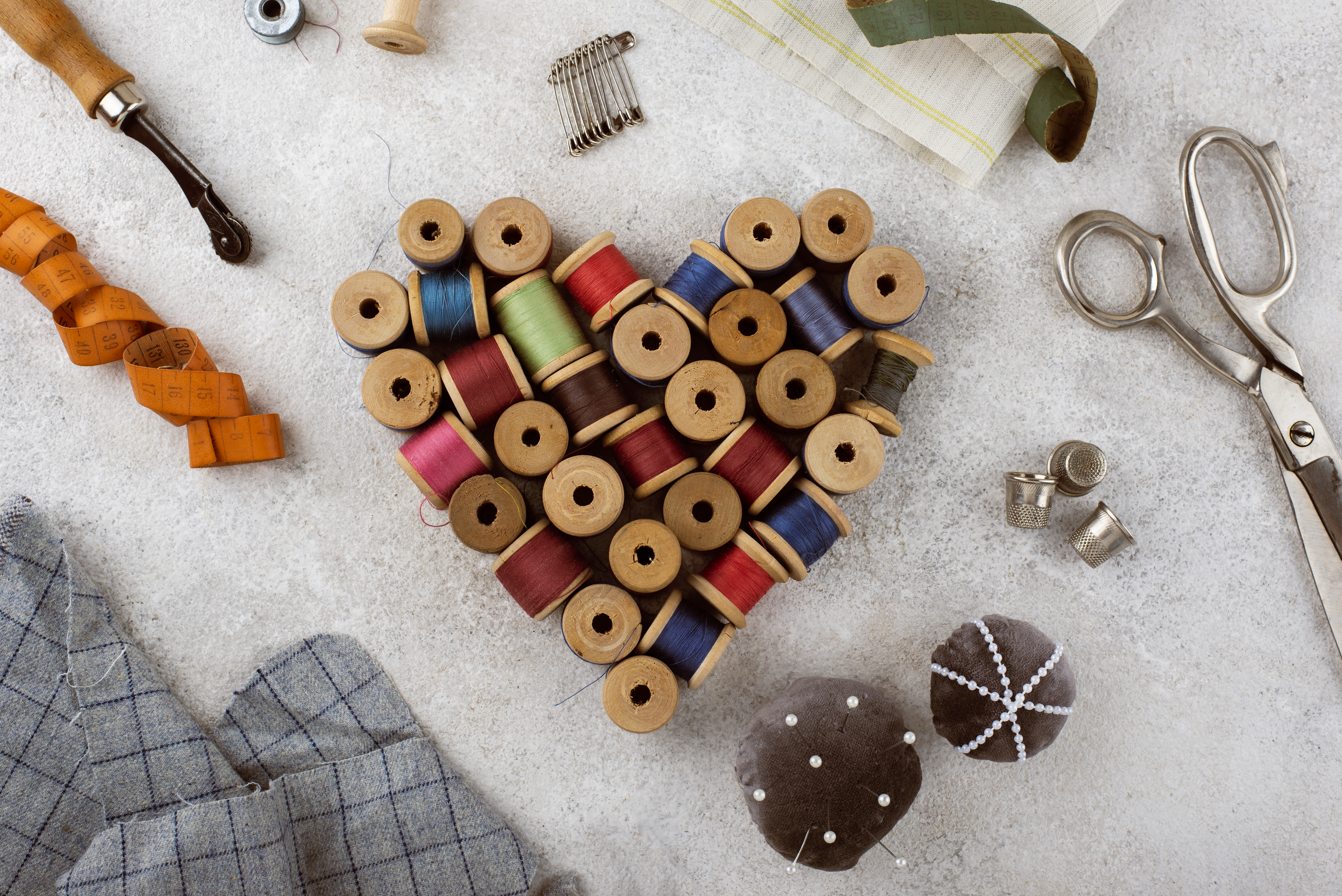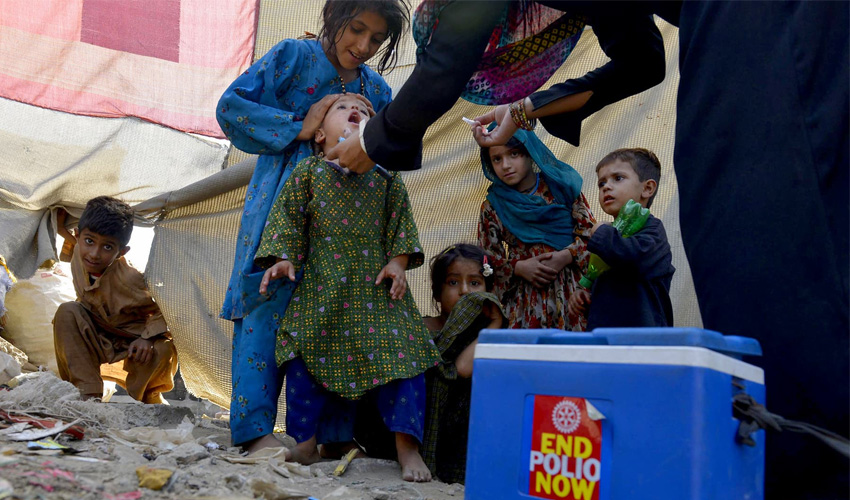A recent study led by Dr. Helen Keyes, cognitive psychologist and head of the School of Psychology and Sport Science at Anglia Ruskin University, highlights the positive impact of engaging in arts and crafts on mental health and overall well-being.
The research, published in Frontiers in Public Health, found that creative activities such as knitting and drawing not only provide a sense of achievement but also offer meaningful spaces for personal expression.
Using data from the UK’s national Taking Part survey, the research team analyzed responses from 7,182 participants to assess how creative hobbies contribute to life satisfaction.
More than 37% of respondents reported participating in a craft activity over the past year.
Results showed that participants experienced higher levels of happiness and life satisfaction, though further research is needed to understand the role of creativity in reducing anxiety and loneliness.
Dr. Frank Clark, a psychiatrist with Prisma Health, emphasized the mental health benefits of creative activities, suggesting they foster self-esteem and reduce stress.
The researchers advocate for governments and health services to consider promoting arts and crafts as a means to improve public health.
Keyes further highlighted that engaging with creative hobbies is an accessible way to enhance well-being, offering a low-cost solution for boosting mental resilience. Whether it’s adult coloring books or trying a new craft, creative activities can help people reconnect with their inner artist and find peace in the process.



























